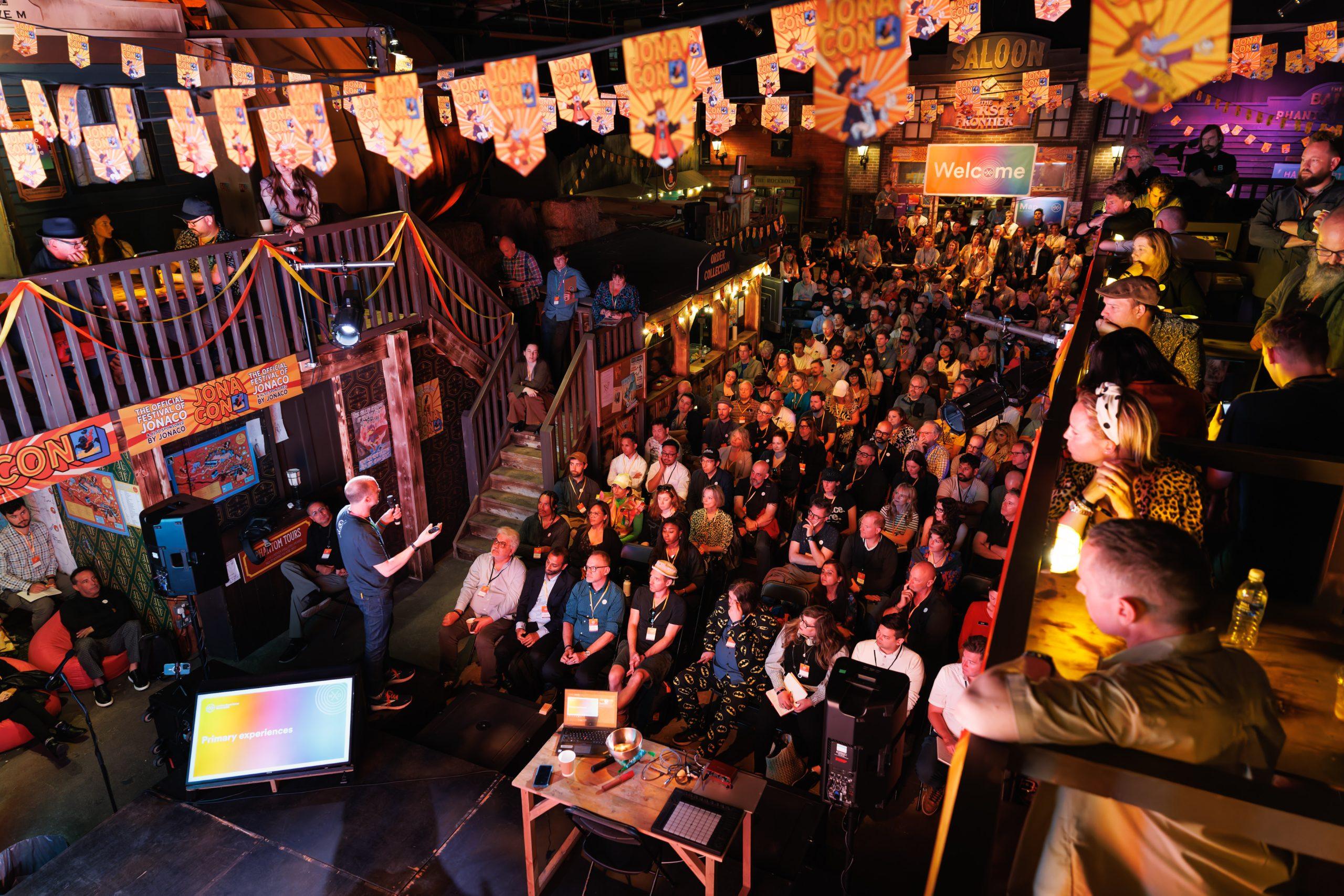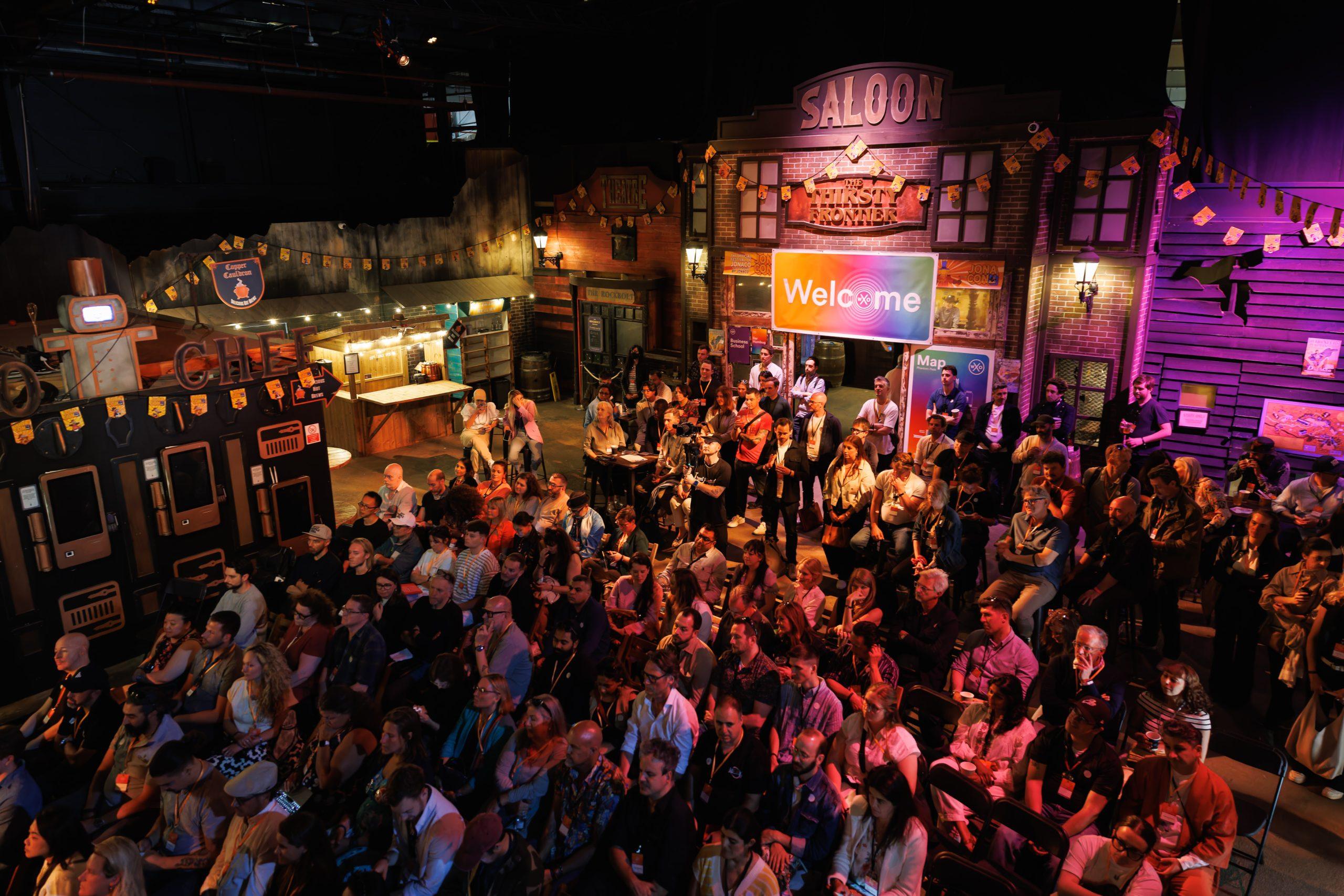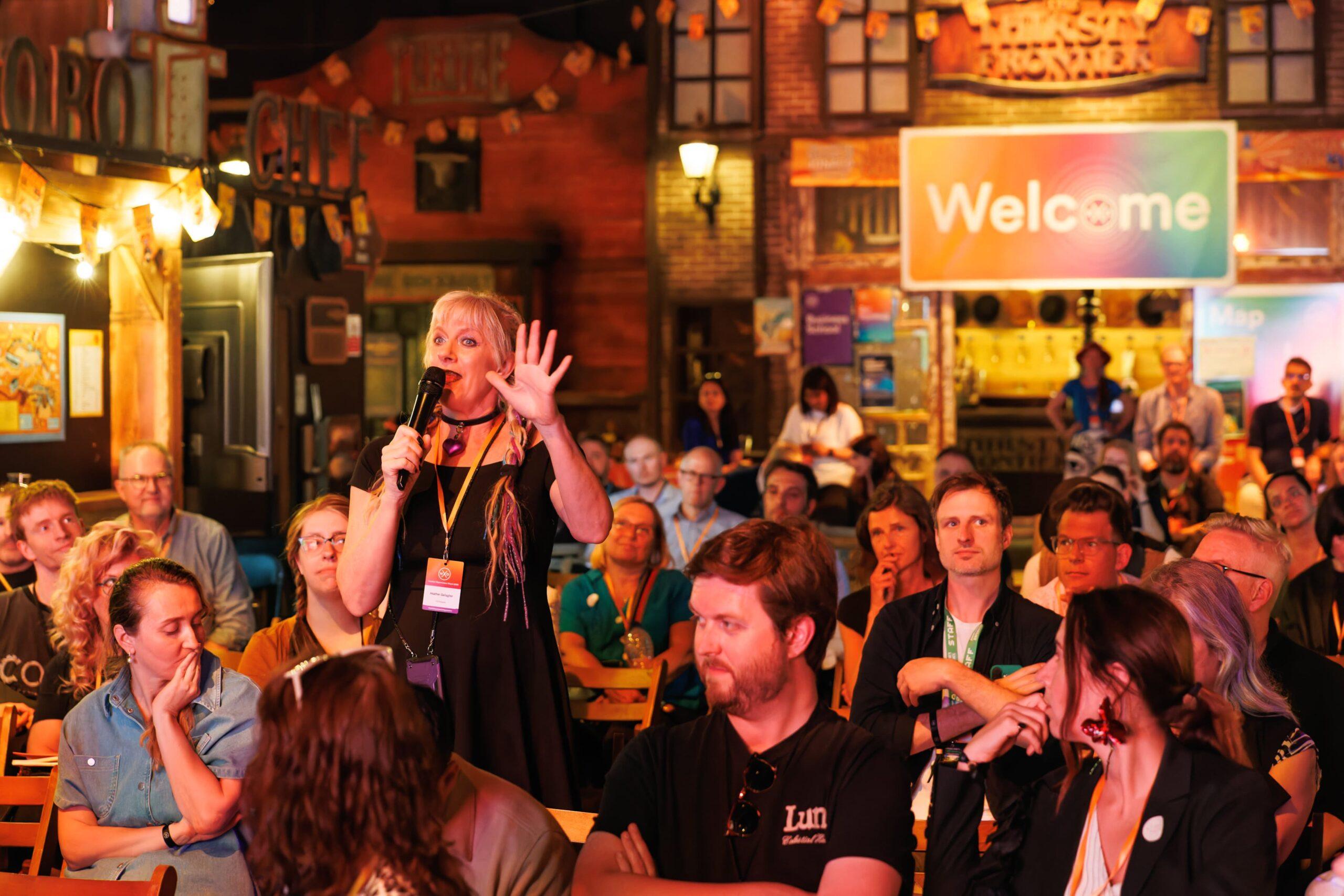The Experience Economy has the exciting potential to increase happiness and speed up human progress, but we will only “make good by doing good”, says work and leisure historian Ben Hunnicutt.
In this brilliant and challenging opinion piece, Ben outlines the pitfalls and potentials of the Experience and Transformation Economies and asks the WXO to take a stand towards delivering a better vision of “liberation capitalism”.
- The Experience Economy is subject to the same pitfalls of commodification and colonization that characterise a capitalist age…
- …but adopting the ancient wisdom of “liberation capitalism” could lead to the production of authentic, intangible human goods such as autonomy, community, creativity and self-expression, meaning, belonging, respect, intimacy and joy.
- Time is both the great equalizer and the “new coin” of this new Experience Economy.
- Corporations are already experimenting with experience-products that create greater happiness, autonomy and progress, such as Airbnb’s success in selling community and belonging through their Experiences.
I’ve been teaching students aspiring to work in the sport and recreation business world for decades. I’ve always stressed to them that the key to success is vision. Since change is inevitable, the only choice is to lead or to play catchup. To lead, you must have a direction. To excel, you need a vision that inspires.
The same is true for organizations such as the World Experience Organization.
If the WXO’s sole purpose for the experience economy is simply “more” – more profit for the top 10%, and more work on capitalism’s treadmill for the other 90% – count me out.
The Best Of Times, Yet Dangerous Times
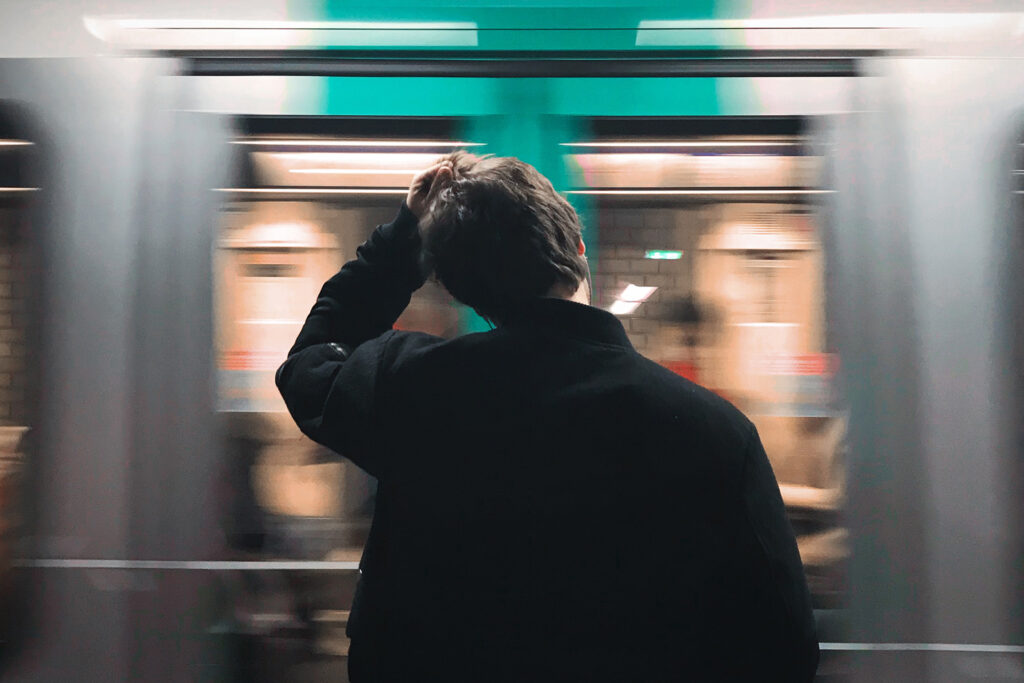
You see, there’s a real danger in the growth of the experience and transformation economies. Expanding the marketplace into previously free experiences threatens to “colonize the lifeworld,” as writers such as Andre Gorz and Jürgen Habermas have long warned. Fearing a time when people will have to pay to have a simple conversation, Jeremy Rifkin specifically accuses the experience economy of “commodification”– of further enslaving people to alienated work and mindless consumption in order to increase profits for the few.
The WXO should acknowledge such dangers and explain how the experience and transformation economies can be different.
This is where the vision comes in.
Introducing Liberation Capitalism

Quite simply, I propose that the new economies – and the WXO – have the potential to liberate us from the marketplace by re-presenting an alternative vision of human progress. A potential I like to call “Liberation Capitalism”.
This vision has a long history, dating back in the Western World to the classical age. For millennia, wise men and women agreed that getting enough of the tangible goods of life is important primarily in order to grow and thrive in freedom, experiencing more of life’s intangible goods. Abraham Maslow’s hierarchy of needs is a fine illustration of this notion.
As a historian I have spent decades cataloguing the remnants of this ancient understanding of human progress in the USA –what Walt Whitman called “higher progress” and others called “humane and moral progress.”
It is only in the modern age that the beliefs that wealth is for more wealth and work is for more work – and that we will never get “enough” – gained ascendancy, eclipsing the older view.
I propose that the WXO offers a practical way to recover the older, nearly forgotten understanding of progress.
By applying the research of the new sciences of happiness to experience design, businesses will produce authentic, intangible human goods, one of the most important of which is autonomy. Other intangible goods follow – community, creativity and self-expression, meaning, belonging, respect, intimacy, joy, spiritual goods, tradition – for example, a “sacred” weekend with the kids at the beach.
Experiences like these have been proven empirically to make us happiest. Experiences like these will make better mousetraps and win in the marketplace. And experiences like these will guarantee the success of experience designers and providers.
The Transformation Economy Will Set People Free

There’s an interesting and critical distinction between the opportunities offered by the Experience Economy and the Transformation Economy. In the Experience Economy, as the experience-products are co-created by the experience provider and their customer, the customer adds increasingly more value to experience-products. But in the Transformation Economy, customers become the product.
Looking to the marketplace to obtain the skills, interests, and motivation (or vision) needed to produce the experiences they desire, prosumers own more and more of the means of production. Work, as the production of intangible goods, increasingly comes to resemble play and leisure, the dream of utopian writers through the centuries.
As the experience and transformation economies grow, free time will be increasingly in demand – as Joe Pine and James Gilmore point out, “it’s about time.” “Time is the coin” of the new economies. Value will necessarily flow from tangible commodities, goods, and services to intangible consumption in the form of time rather than money.
The experience and transformation economies offer a middle ground, desperately needed in these days of political turmoil. The new economies provide a conservative means to liberal aspirations.
Time Is The Great Equalizer
In the age of experiences, the profit motive may be harnessed to the production of intangible goods that liberate, requiring the expenditure of time more than money. In the new economies, equality is more within reach – we all have 24 hours a day in which to have experiences – and the sustainable, ecologically friendly growth of intangible goods is possible.
Government may help this change occur, but the free market must lead.
This is a possibility, not a guaranteed outcome. The WXO needs to provide leadership, being aware of the pitfalls but committed to the vision of liberation and authentic humane and moral progress.
There Is A Way: Better Experiences
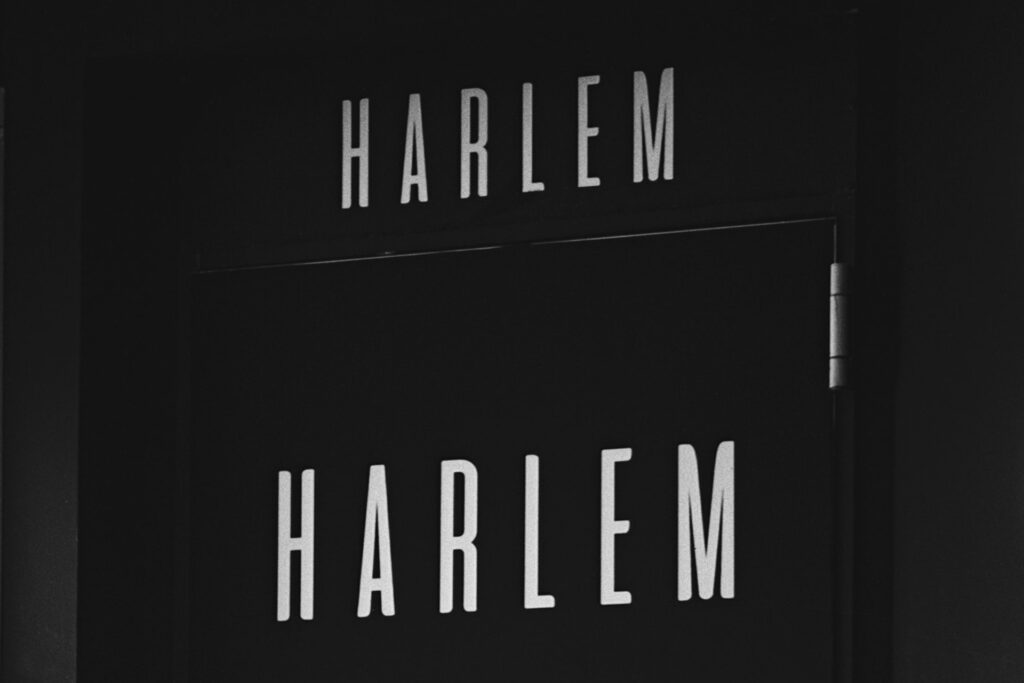
How can this be done? The best way to realize the vision is to bring superior experience-products to the market. Successful experience-products will deliver what empirical sciences and the wisdom of the ages agree are life moments most strongly correlated with authentic happiness and genuine enjoyment, and, more importantly, that provide for the expression and development of character strengths, and, yes, virtues.
Experience designers and providers will make good by doing good.
Farfetched, I often hear. But here are two examples, both from Airbnb, that illustrate how such lofty goals are within the reach of entrepreneurs and business folks already working in the experience and transformation economies.
Let’s begin in Harlem, New York City. Until recently, it was possible to spend the afternoon and evening with a young entrepreneur who, working through Airbnb, would have given you the “Harlem Experience”: showing you around his neighborhood, introducing you to some of his friends, taking you to his favorite “kitchen”, and in the evening teaching you how to “street dance”. I had signed my grandson and myself up before the pandemic struck.

The young man had a thriving business. I would have paid well over $100 for the two of us. With his experiences, he was delivering some of those things that positive psychology has proven are vital to well-being—things such as respect, tolerance and perspective, i.e. walking in the other guy’s shoes. It’s hard to fear and hate somebody you’ve spent an evening dancing with.
His vision is shared up the corporate ladder.
Undoubtedly, one of the factors that accounts for Airbnb’s remarkable success is the vision of its leadership, Brian Chesky, Joe Gebbia, and Nathan Blecharczyk. They say explicitly that what they are selling are intangible goods: community and belonging. Noting the recent decline of community and personal contact, Chesky writes:
We imagine a world where every one of us can belong anywhere. A world where you can go to any community and someone says, “Welcome home.” Where home isn’t just a house, but anywhere you belong. Where every city is a village, every block a community, and every kitchen table a conversation . . . This is the magical world of Airbnb. We will probably never fully realize this vision, but we will die trying.
Brian Chesky, Co-founder, Airbnb
Talk about vision and commitment.
The renaissance of humane and moral progress, of Whitman’s “higher progress,” is an even grander vision worthy of a world-class organization. If the WXO is bold enough to stand by this sort of commitment and vision — count me in.
About the Author
Benjamin Kline Hunnicutt, PhD, is a historian. He has been a professor at the University of Iowa since 1975. His publications include Work Without End: Abandoning Shorter Hours for the Right to Work (1987), Kellogg’s Six-Hour Day (1995), Free Time: The Forgotten American Dream (2013), and The Age of Experiences: Harnessing Happiness to the New Economy (2020).
To get more insights from experts in the experience economy and members of our Founding Circle like Benjamin – and to be the first to know about our membership programme, events and more – sign up to the WXO community here.



